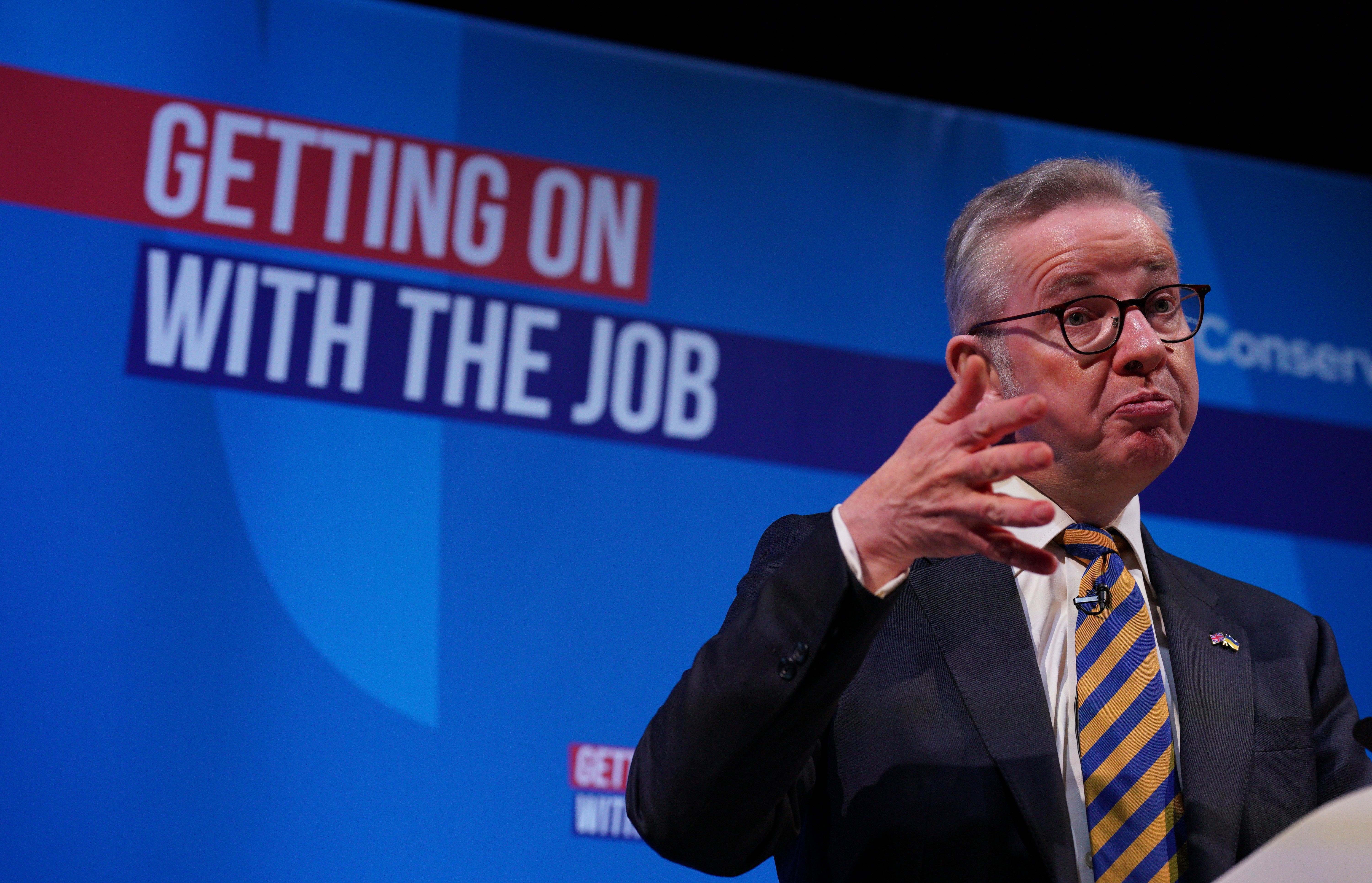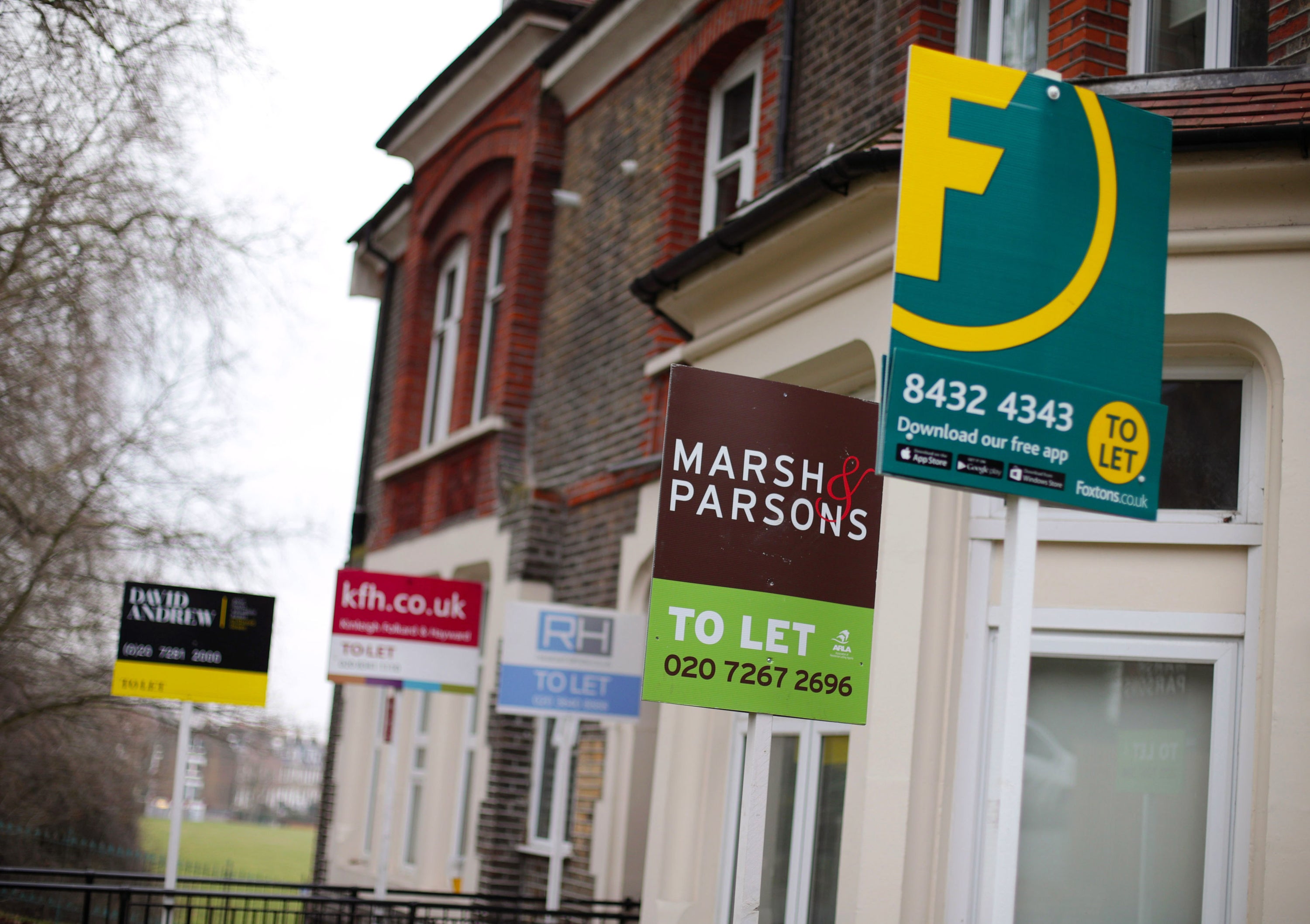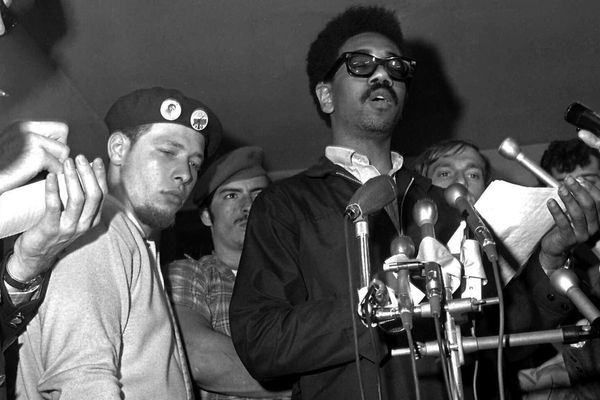
More than one in eight privately rented homes in England pose a “serious threat” to the health and safety of their occupants, a damning report has revealed.
The House of Commons Public Accounts Committee found fast-rising rents and low standards in the private sector mean that “safe, suitable housing is too often out of reach for renters”.
And they said that illness and injuries resulting from category one-rated health hazards – which could include risks such as electric faults, dangerous stairways, carbon monoxide leaks or structural weaknesses – were costing the NHS £340m a year.
A “postcode lottery” in standards saw as many as 21 per cent – more than one in five – of private rented homes in Yorkshire and the Humber presenting a serious threat to health, compared to 9 per cent in London.
As escalating house prices have taken home ownership out of the reach of many Britons, the private rental sector has doubled in size over the past 20 years and now houses 11m people, said the report.
Private tenants spend an average 32 per cent of their income on their accommodation, compared to 18 per cent for owner-occupiers and 27 per cent for those in social housing.

The report found that many tenants were reluctant to complain about health and safety risks in their homes because of fear of “no-fault” eviction.
When trying to enforce their legal right to a safe and secure home, they face “an inaccessible, arduous and resource-intensive court process and the risk of retaliatory eviction”, the report found.
The cross-party committee also found evidence of unlawful discrimination in the sector, with 25 per cent of landlords unwilling to let to non-British passport holders and 52 per cent refusing to take tenants on Housing Benefit.
“Piecemeal” changes to the law around private renting introduced by Michael Gove’s Department for Levelling Up, Housing and Communities (DLUHC) over recent years had made the system even move “complex and difficult to navigate for tenants, landlords and local authorities”, the committee found.
It warned that a white paper on the sector due later this year will be hampered by the department’s “poor understanding of the issues in the sector including overcrowding, harassment and evictions”.
Committee chair Meg Hillier said Mr Gove must use the white paper to start to turn around his department’s record on addressing “the desperate housing crisis in this country”.

“Unsafe conditions, overcrowding, harassment, discrimination and dodgy evictions are still a huge issue in the private rented sector,” she said.
“And yet the sector is a growing provider of homes and rents keep rising meaning that safe, suitable housing is too often out of reach for renters. Renters with a problem are faced with a complex and costly redress system which is not fit for purpose and many tenants give up at the first hurdle.
“We need to see a change in balance.”
The deputy director of housing campaign Generation Rent, Dan Wilson Craw, called for the creation of a national landlord register to help councils enforce safety laws.
“None of us should have to live in a home that could make us ill, but it can be an uphill struggle for private renters to get landlords to fix anything,” said Mr Wilson Craw.
“It’s possible to take a landlord to court, or raise a complaint with your letting agent’s redress scheme, but the fact that a landlord can evict you without needing a reason puts many tenants off complaining in the first place. As he designs a new tenancy system, Michael Gove must make sure landlords cannot use threats to avoid their responsibilities.”
A DLUHC spokesperson said: “Councils should use the powers we’ve given them to crack down on rogue landlords, including issuing fines of up to £30,000 and banning those who rent out unsafe homes.
“As part of our mission to improve housing conditions and to give residents the power to hold landlords to account, we’ll introduce new legislation to improve the quality and regulation of social housing and explore proposals for a national private landlord register in England.
“We’ll also publish a landmark white paper this spring and consult on introducing a legally binding decent homes standard in the private rented sector for the first time ever.”
The chief executive of the National Residential Landlords Association, Ben Beadle, welcomed the report’s call for a comprehensive, data-driven strategy for the private rented sector.
“ Too often reforms have been piecemeal, based on insufficient information to understand their true impact or how workable they are,” said Mr Beadle. “Such a strategy needs to include assessing the impact of reforms on the supply of homes for rent at a time when demand for them is soaring.
“We agree with the committee’s concerns about the postcode lottery that exists in tackling rogue and criminal landlords. Tenants and responsible landlords are being let down by the pitiful lack of enforcement action by councils using the array of powers available to clamp down on bad practice in the sector. Our research shows however that landlord licencing schemes are not a panacea to improving this.
“As ministers prepare to publish plans for further reform, they should heed the committee’s call for them to better understand the enforcement needs and capacity of local authorities.”







